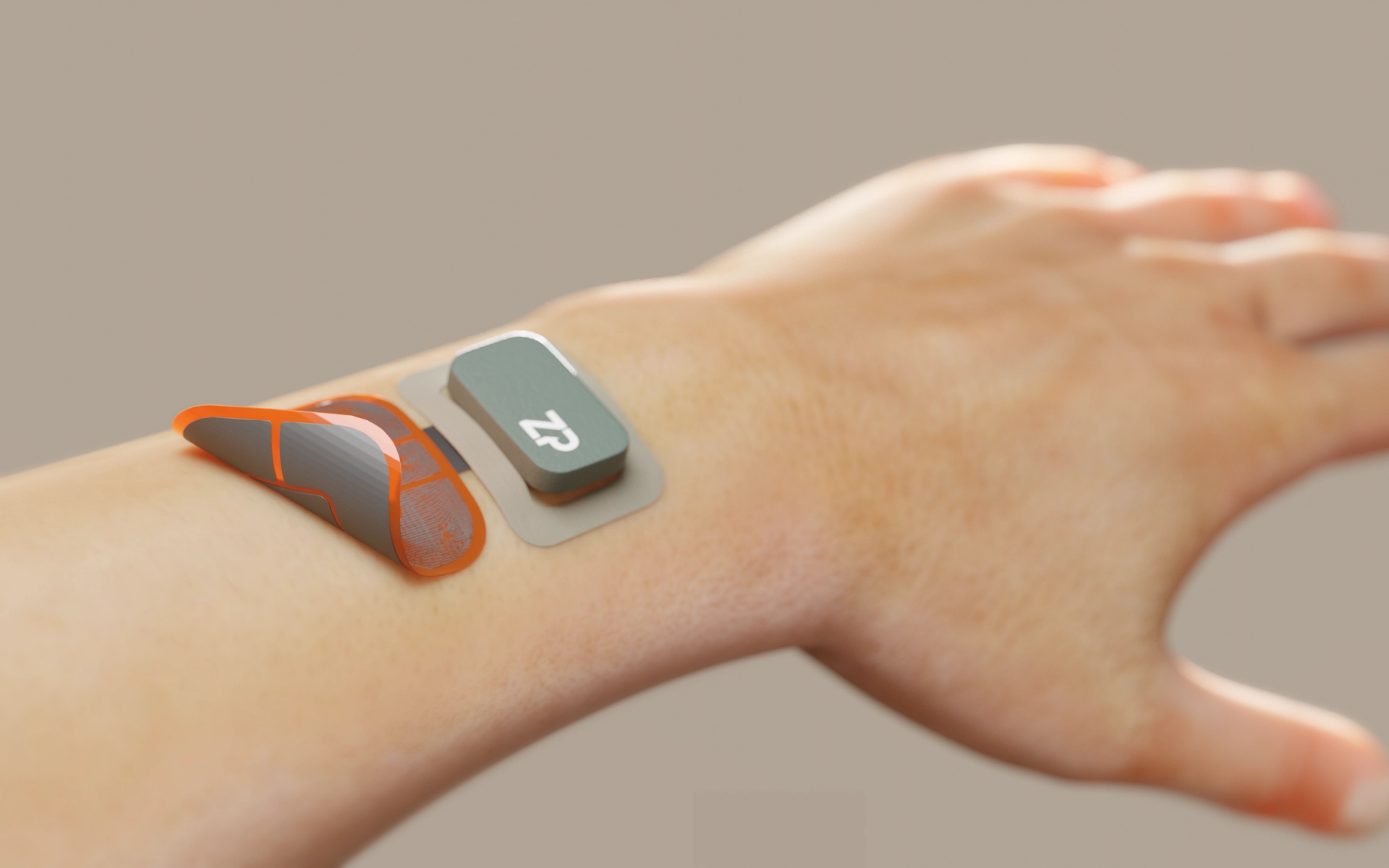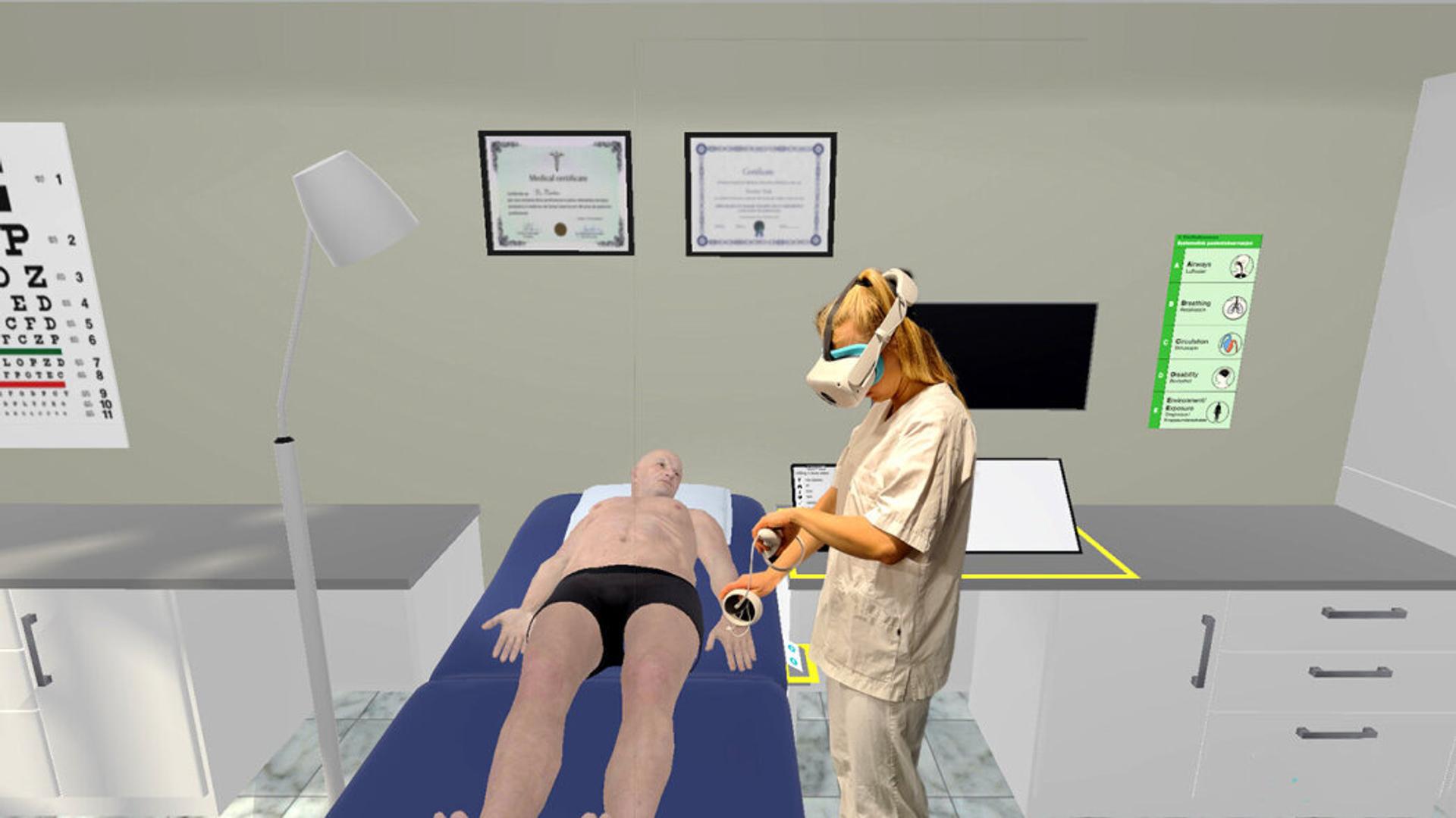New national export initiative: A shot in the arm for Norwegian health and life science

“Norway has world-class health research and a young, ambitious health industry. This offers enormous growth potential, which we look forward to strengthening in close collaboration with the industry,” says Håkon Haugli, CEO of Innovation Norway.
The Government recently launched a new national export initiative with 15 measures to strengthen the competitiveness of the Norwegian health and life science industry internationally. Innovation Norway is responsible for implementing some of these measures, including joint marketing activities and brand building.
“The goal is to give the many innovative companies within the health and life science industry even greater opportunities to establish a position in the growing global market,” states Tone Varslot Stave, the health science export coordinator at Innovation Norway.
Public-private collaboration to boost health exports
Varslot Stave notes that the new national export initiative on health and life science is a public-private partnership between the public authorities, private industry, the business support system and other stakeholders. These work together as “Team Norway” to help Norwegian companies to gain stronger market positions in the global healthcare industry.
The initiative is part of the Government’s 2022 export reform, under which five industries have been selected for export initiatives on the recommendation of the National Export Council thus far. A roadmap for the Norwegian health industry was launched in 2023 and the initiative itself was launched in 2024.
Norwegians lead the way in niche areas
The global market is enormous – and expanding. The Norwegian health and life science industry is a leader in several niche areas.
“Through this initiative, we aim to make Norwegian solutions even more visible worldwide. Quite simply, this will provide a global boost to the Norwegian health and life science industry,” says Hilde Færevik, Special Advisor in Health and Life Science at Innovation Norway.
Below are some of the Norwegian companies ready to provide their innovative solutions to the world.
AdjuTec Pharma: Solving the global problem of antibiotic resistance
It is often referred to as one of the greatest threats to public health: bacteria that used to be treatable with antibiotics no longer respond to treatment. Consequently, what we now perceive as harmless infections can have fatal outcomes. In many countries, antibiotics are available without a prescription, and their indiscriminate use has led to a rapidly increasing global problem of antibiotic resistance.
The Norwegian company AdjuTec Pharma has developed a technology that restores the effectiveness of antibiotics.

“In some areas today, there are almost no effective antibiotics left. Doctors often resort to older medications that had previously been abandoned due to significant side effects. This is what we’re trying to address,” states Bjørn Klem, pharmacist and CEO of AdjuTec Pharma.
The Norwegian company has developed a novel resistance breaker that removes the resistance mechanism produced by bacteria, thus tackling the underlying problem. Through a substance combined with an antibiotic, which is administered as an infusion, the effect of antibiotics that have ceased to work is reintroduced.
“So, it’s not about a new antibiotic, but rather an enzyme inhibitor that reinstates the effect of medications already available on the market,” explains Klem. He emphasises that this approach is well known.
“What makes our product unique is that there are no enzyme inhibitors for this enzyme group, which is becoming increasingly prevalent.”
Established in 2019, AdjuTec Pharma has strong scientific ties to research environments at the University of Oslo. The company is also part of the Oslo Cancer Cluster, which provides valuable support. In addition, Klem highlights the crucial role that support from Innovation Norway has played in the company’s development.
“Innovation grants and commercialisation grants were essential for starting the company. We used these resources to further develop ourselves and prepare for additional capital investment – without them, everything would have come to a halt,” he says.

Significant potential for commercialisation
The founders initiated testing in 2021, which has included animal trials, and the results have been promising. After the summer, the product will be tested on healthy volunteers to determine the optimal patient dosage. Meanwhile, the product is being tested together with various antibiotics to identify the most effective combination. Klem estimates that it could be market-ready within five years.
AdjuTec Pharma is also considering licensing the technology to other pharmaceutical companies that produce antibiotics and need this type of solution.
“The potential is undoubtedly substantial. We’ve developed a unique solution to a significant and growing problem, one that is vital for the patients who need it. This product can generate billions in sales.”

Kaass Discovery: Developing solutions for autoimmune diseases
Founder, researcher and physician Anita Kåss develops medications and solutions for people affected by autoimmune diseases. Her company, Kaass Discovery, is currently working on developing a device that collects data and monitors health at home using artificial intelligence.
“Individuals with autoimmune diseases, such as MS, lack a measuring device to determine whether it’s a good day or a bad day. They receive no warning about a sudden MS attack, which exacerbates symptoms. Being able to predict when these attacks are imminent could lead to faster and more accurate treatment – preventing the attack from causing injury,” explains Dr Kåss.
During Dr Kåss’ childhood in England, her mother suffered from arthritis and died when Anita was only 13 years old. This experience motivated her to learn more about autoimmune diseases, which affect over 600 million people globally, and to find innovative solutions.

Using data and AI to give patients better control and insight
Currently, Kaass Discovery is working on securing a patent for its new device before introducing it on the market. Simultaneously, the company is developing treatments and other medical devices.
“We aim to provide patients with better control and insight into their own health. Increased measurements, big data and artificial intelligence, along with devices that collect extensive information, offer opportunities for more individualised adaptations. This represents the future of healthcare,” she says.
Kaass Discovery has received EU funding twice: first through the EU’s Eurostars programme and then through the Women TechEU project – both initiatives under Horizon Europe, the world’s largest research and innovation programme.
Dr Kåss also praises the support from Innovation Norway. “In addition to being crucial for us, Innovation Norway’s grants come with excellent advisory services. I know I can always turn to them.”
Connect the Dots: May save lives with virtual medical training
Connect the Dots (CTD) has developed a virtual reality (VR) tool for the healthcare sector that enhances the quality and accessibility of training in medical procedures.
“We use VR to prepare healthcare professionals for real-life situations where they must act swiftly to save a patient’s life,” says Siva Snarby, CEO and cofounder of CTD.
Snarby knows from personal experience that first aid saves lives. When her brother had an allergic reaction to nuts, his healthcare worker girlfriend saved his life.
“It was a matter of seconds between life and death. Fortunately, she had proper training in using an EpiPen,” says Snarby.
However, not all healthcare personnel receive adequate training.
“Face-to-face training isn’t offered as often as it should be due to high costs and time constraints. Additionally, procedures need regular practice to be performed correctly,” she explains.

Training with extremely lifelike virtual patient
The training tool allows healthcare personnel to immerse themselves in realistic scenarios before treating patients in real life. Using VR headsets, they can learn and practice medical procedures in a virtual nursing home room equipped with necessary tools – either individually or in a group.
“The virtual patient is extremely lifelike. He can turn his head and cough, and the healthcare professional can observe his condition deteriorate and take appropriate action. In the future, personnel may even interact verbally with the patient,” explains Snarby.
This innovative training solution can also help healthcare workers to detect early signs of patient deterioration, potentially preventing complications and saving lives.
“The solution boosts employees’ confidence in their tasks. It will likely improve job satisfaction and reduce sick leave, which is a current challenge,” she says.
Moreover, hospitals can reduce their training costs.
CTD has also received funding from the Women TechEU project. The company is now developing the solution and expanding its market share in Norway before introducing the product internationally.
“We expect our VR tools to address a range of potentially life-threatening conditions – from sepsis to Covid-19,” concludes Snarby.



